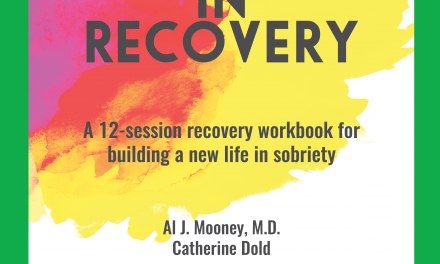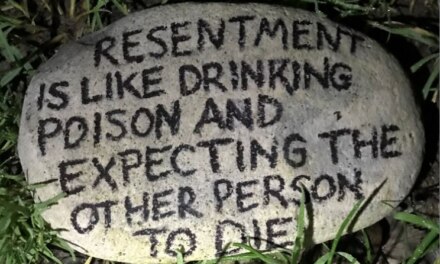The Guardian website periodically runs stories of personal recovery. Sometimes they involve celebs, other times not, and they usually shed light on various aspects of the addiction experience. This one happened to catch my eye even though I’d never heard of its subject: a Brit punk singer/poet who for a while lived with Nico, the Swedish muse of the Velvet Underground, a seminal rock group of its era.
I’m hoping at least a few of you remember them.
John Cooper Clarke: ‘I didn’t want to quit heroin’
Anyway, examples of addiction and recovery from his perspective:
Clarke: “[Heroin was] …fabulous the first time.” That reminded me of a comment made by the late Dr. Jim Milam: if you could remember your first drink, you were probably an alcoholic. No idea if that’s true, but there is very definitely a range of experience to be found in the initial responses of users to any psychoactive drug. We might break it down as follows:
- Strong positive: Use is intensely pleasurable. Could lead to heavier use.
- Moderate positive: Still pleasurable, but less intense. Likely to lead to less frequent use.
- Mild positive: Not much pleasure. Little reinforcement for further use.
- Aversive: May be unpleasant. Deterrent to future use.
Genes and physiology play a dominant role here, I expect. Like most people, Cooper Clarke has simply assumed that his response will be shared by every other user. That’s not the case. People respond differently.
Clarke: “When I quit, I felt really badly done to. I didn’t want to quit, I don’t think anybody does.”
I’d have to agree, for the most part. People quit because they come to the conclusion they must. That could be the result of a progressively worsening addictive disorder, or a medical or psychological problem aggravated by the drug, or some outside pressure.
But they’re rarely happy about the situation. If there was a way to keep drinking or using without the consequences, they might jump at it. It’s comparable to the way a bipolar individual feels at the prospect of taking a medication that removes the manic ‘highs’ from his experience. On some level, he knows he will miss them.
Clarke: “Every drug addict is virtually the same person.” An exaggeration, but I have noticed a remarkable similarity between individual stories of addiction and recovery. There are plenty of differences as well, but those are to be expected. It’s the commonality of experience between people from dramatically different backgrounds that I find surprising.
Maybe that’s why it’s possible to attend a Twelve Step meeting and find yourself sitting next to a Wall Street titan and someone else who was released from prison just that morning.
Assuming they’re not the same person, of course,
Clarke disparages the idea of an addictive personality. I would agree, for the most part. I think at root it’s more a problem of physiology plus behavioral conditioning. Nonetheless, years of drinking and drugging, lapsing and relapsing, invariably have an effect on the victim of addiction. As one recovering person put it: “It gets into your personality. And it doesn’t go away just because you finally quit.”













